Recommended tours
Review & Earn Travel Money
At TripsPoint you have endless possibilities to earn TripsPoint Money - this is your Travel Money your can use to book you next tours and activities everywhere you go.
Here's Space For Everyone
New tours
We stand together! Support Ukraine against Russian aggression!

Stay connected with TripsPoint World Travel News to get breaking news
and reports about what is happening in the world of travel right now!
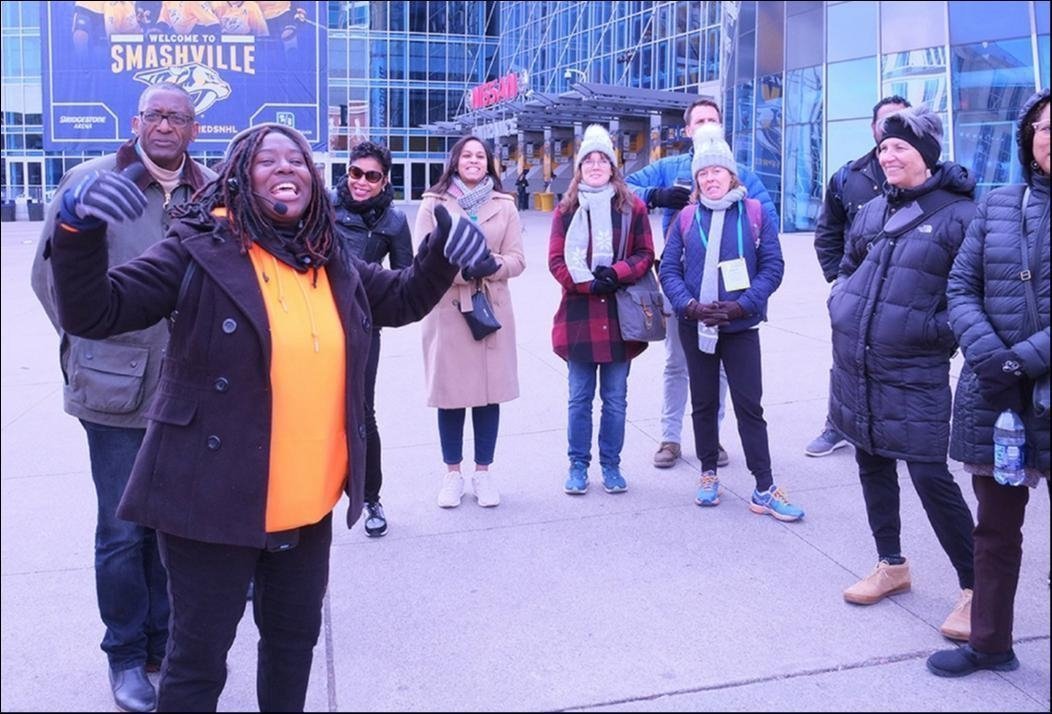
Nashville Tours Helps to Understand African American Culture
While it may not get as much attention as the really popular cities such as New York and Chicago, Nashville is emerging as one of the hottest places to visit in the USA. There are plenty of reasons for this. Possibly the biggest reason that Nashville is well-known is for its fantastic live music scene. Whether travelers are looking for big-scale concerts or more intimate gigs, Nashville is easily the USA’s music capital; in fact, its nickname is ‘Music City’. Aside from this, there are plenty of museums and historical sites to visit, lots of places to shop and dine, and the surrounding natural scenery is simply amazing.
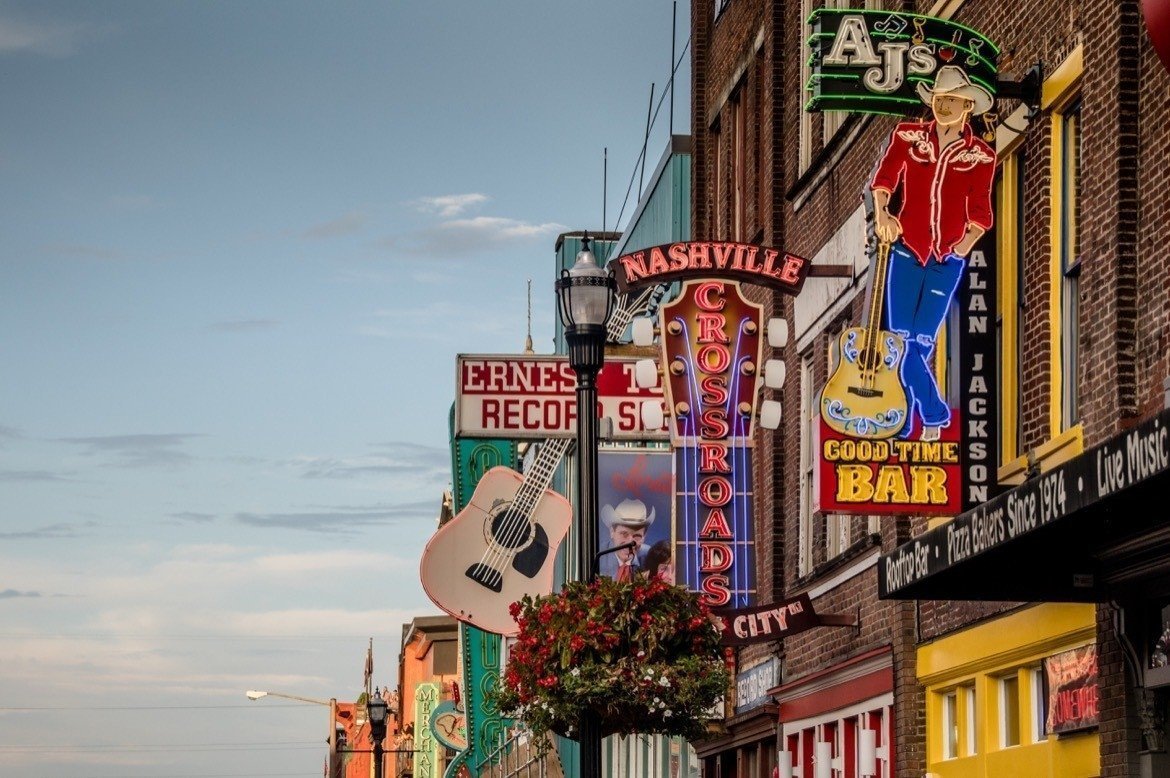
Another aspect of Nashville culture which has been drawing in visitors is its African American culture and history. Black culture has always been a big part of the city’s identity, and more and more people are becoming interested in learning about this fascinating aspect of the city’s cultural fabric. While much Nashville’s African American past has either been hidden or not talked about too much, nowadays it is possible to take Nashville tours which give an insight into this rich and intriguing facet of the city’s culture.
Since the city was established, Nashville has been an important center of black urban culture in the Upper South. The first permanent settlers arrived on the cliffs by the Cumberland River in 1779; allegedly it was James Robertson – an American explorer and soldier – who founded the city proper by leading a group of pioneers down into the valley. This group of pioneers totaled approximately 300 people, of which around 30 of them were either black slaves or free black people, commonly known as freedmen. At this point in time, the slave trade was big business and many black people were taken from their homes in various African countries and brought to what was then called the New World. It is believed that approximately 12.5 million people were forced into slavery, having to leave Africa for America, between the 15th and 19th centuries.
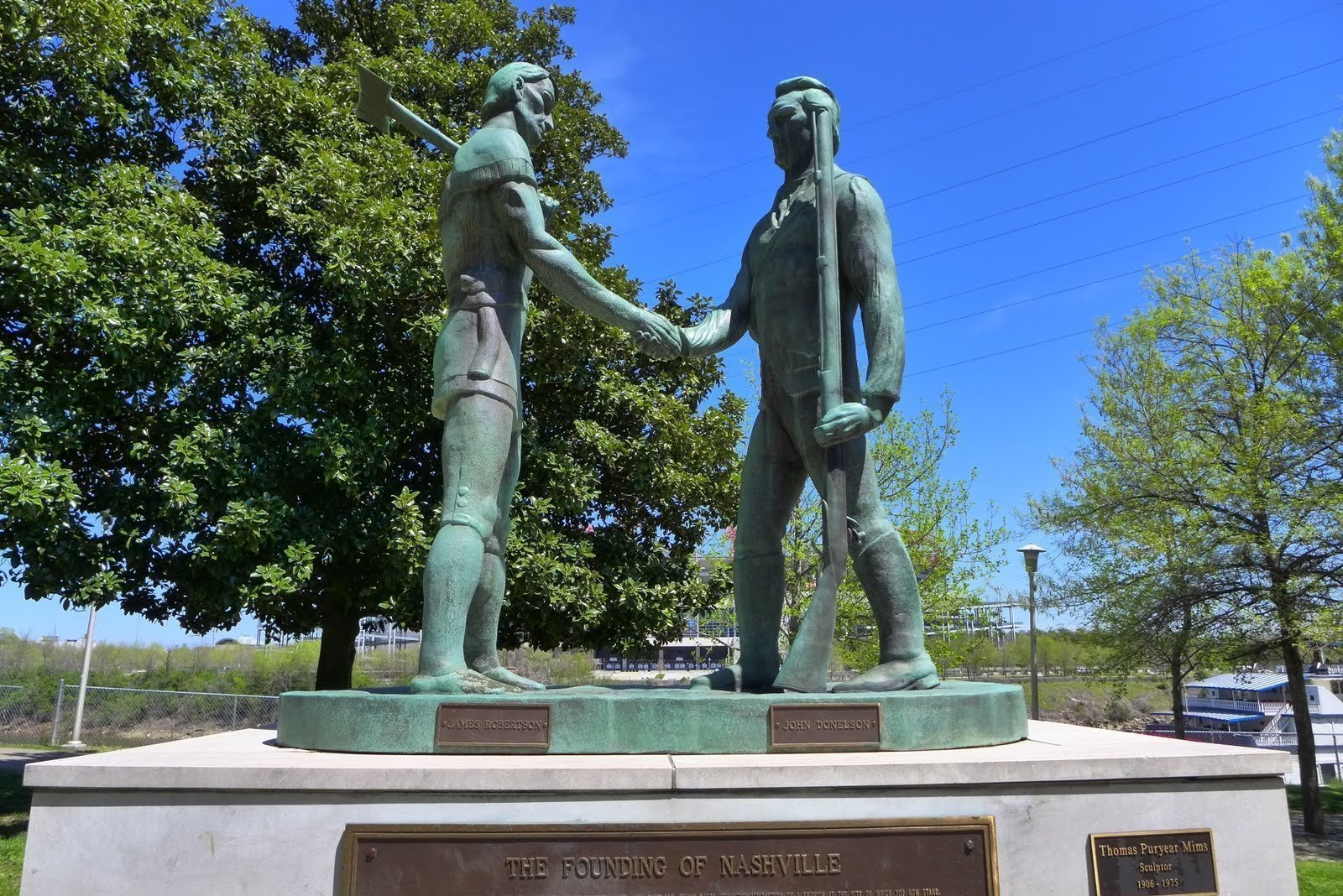
While a few black people who arrived in Nashville after its foundation came as free people, the vast majority arrived chained as slaves. These people were completely denied the right to their own culture, history, and heritage; their only purpose was to expand the economy of the city through hard labor and during the 19th century, the system only continued to grow as demand for slaves was huge.
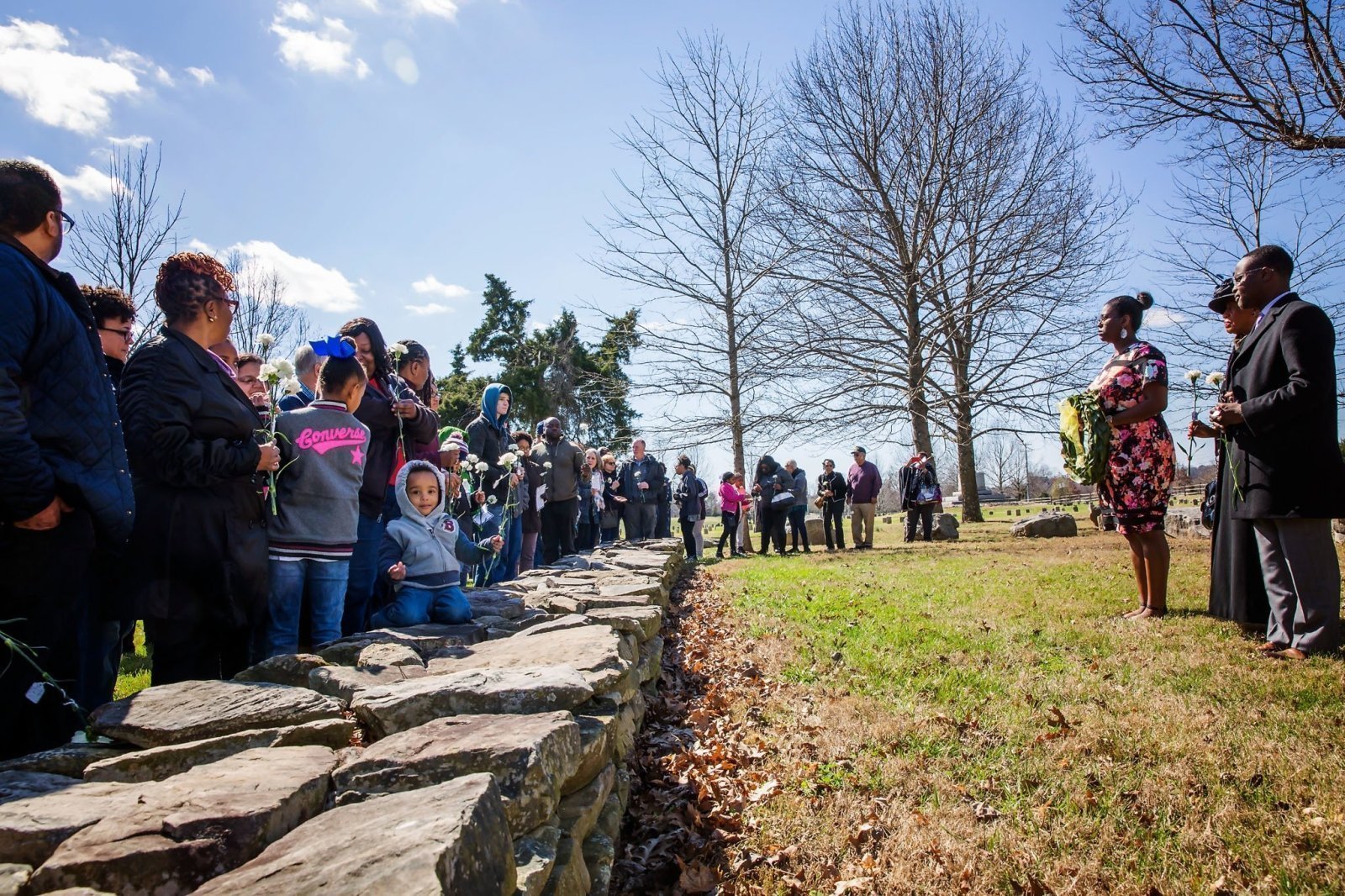
Between 1861 and 1865, the American Civil War was fought between the North (the Union) and the South (the Confederacy). Tennessee had declared itself a slave state, joining the side of the Confederacy. Like all of the states that rebelled against federal interference, Tennessee – and Nashville in particular – was heavily reliant on slave labor to sustain its plantations and economy. In 1862, Nashville was the first Confederate state capital to fall to the Northern armies and was occupied by them until the end of the war. The citizens of Nashville attempted to fight back during the 1864 Battle of Nashville, but this was to no avail.
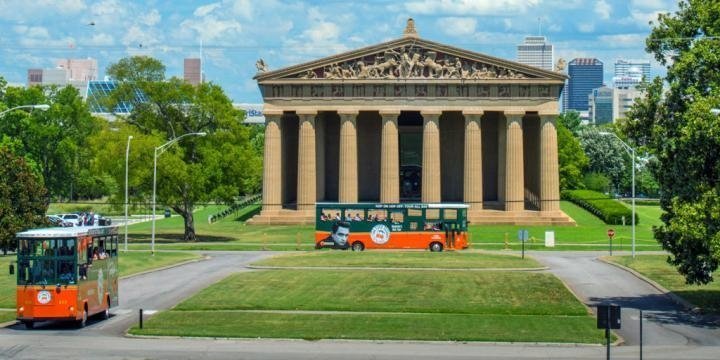
It is a little known fact that Nashville was at the forefront of the Civil Rights Movement in the 1950s and 60s. It was students at the black colleges and universities of Nashville that led the way in the non-violent protests which eventually led to equal rights being granted to black people. The most famous of these was the Nashville sit-ins, a series of sit-in protests staged at store lunch counters between February and May 1960 in a bid to end segregation. On February 27th, despite the peaceful protest of the black citizens, white people who were opposed to desegregation were violent towards the protestors. 88 people were arrested, but none of them were actually the attackers; the ones taken in by police were the black protestors. While this initial campaign eventually succeeded in the desegregation of lunch counters around the city, many other sit-ins, protests, and pickets took place at other establishments which had segregation right up until the Civil Rights Act of 1964 was passed, which ended legal segregation.
Nowadays, Nashville’s black community make up around 28% of the city’s population, making them the second-largest demographic in the city. African American culture influences every part of the city, from its art and music scenes to its cuisine. Although gentrification has taken place in recent years throughout Nashville, pushing some black people out from their communities, there are still a large number of black-owned businesses, from cafes and restaurants to boutiques and art galleries.
Because of the growing interest in African American culture in Nashville, there are now a couple of Nashville tours on offer which can give you an insight into this fascinating side of the city. Through TripsPoint.com, there are two Nashville tours available which travelers can take to learn more. The first tour is the African American Culture Tour of Nashville, a one-and-a-half-hour walking tour which takes you past the usual tourist traps and delves into the city’s black history. You will hear stories about amazing people during the period between 1779 and 1960, including an enslaved man who was honored with a plaque close to the courthouse; a black man who began his working career as a janitor in a law office who then managed to climb his way up the ladder to become a lawyer; the free black woman who opened her own sweet shop in the 19th century; the enslaved doctor who helped the local community by mixing up natural remedies; a black slave who managed to gain a liquor licence and started his own bar; a female slave who lived near Public Square and bought her son’s freedom; and the black architects who started the longest-running architectural firm, a company which today is worth millions of dollars.
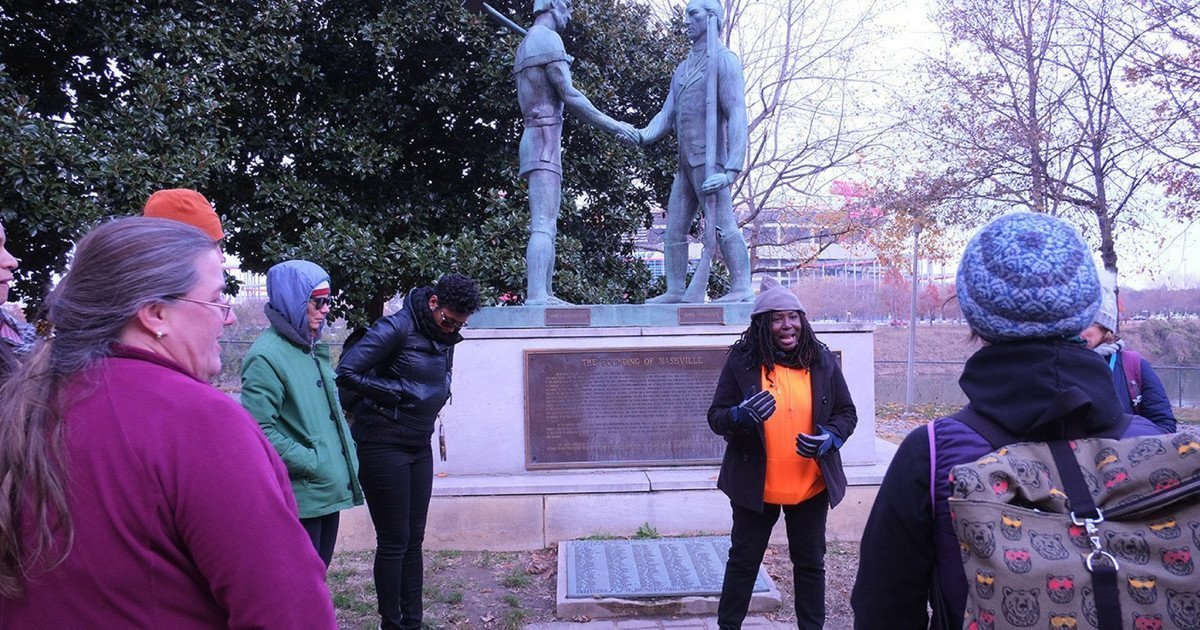
The second tour, the Civil Rights Tour of Nashville, focuses on the parts of the city that were significant to the Civil Rights Movement, taking visitors to important protest spots and giving them rich historical knowledge of how this momentous battle for rights was won. This walking tour is also one-and-a-half hours long.
These two Nashville tours are well worth taking; not only will you get to see some of the most iconic sights connected with African American history in Nashville, but you will be regaled with fascinating stories of how a major part of this city’s history has helped shape the place it is today. The African American Nashville tours are a chance to be able to connect with this culture, both from a historical viewpoint and a modern one.
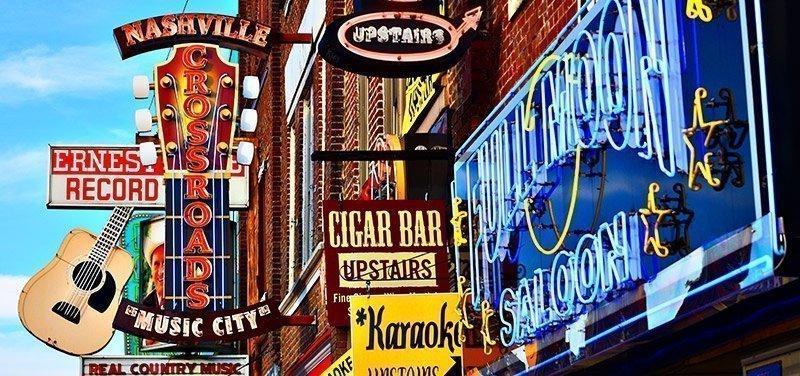
Aside from the history and culture, joining one – or both – of these Nashville tours gives you the opportunity to meet other people from all around the globe who have a shared interest in the African American culture of Nashville. In addition to this, your tour guide can point out cool places to go after the tour which are connected to African American Nashville culture, such as restaurants, cafes, and bars.
As you can imagine, there are a number of important sights dotted around the city which are well worth visiting. You will find that some of these feature on the Nashville tours itineraries.
Nashville was one of the first cities to be taken by the Union North during the American Civil War, and subsequently became the second most fortified city in the entire country; the city was seen as a vital spot to supply troops engaged in fighting on the western front. A part of these fortifications was Fort Negley, possibly the most historically significant building connected with African American history in Nashville. Beginning construction in 1862 after Nashville fell to the Union, Fort Negley came to be seen as a show of force. The fort was built by black slaves and also free black people who were rounded up and forced into working on the structure; the Union’s army surrounded black churches, arrested the men and women in them, immediately took them to the building site of the fort and handed them tools. Despite its impressive appearance, Fort Negley never played a major role in the American Civil War.
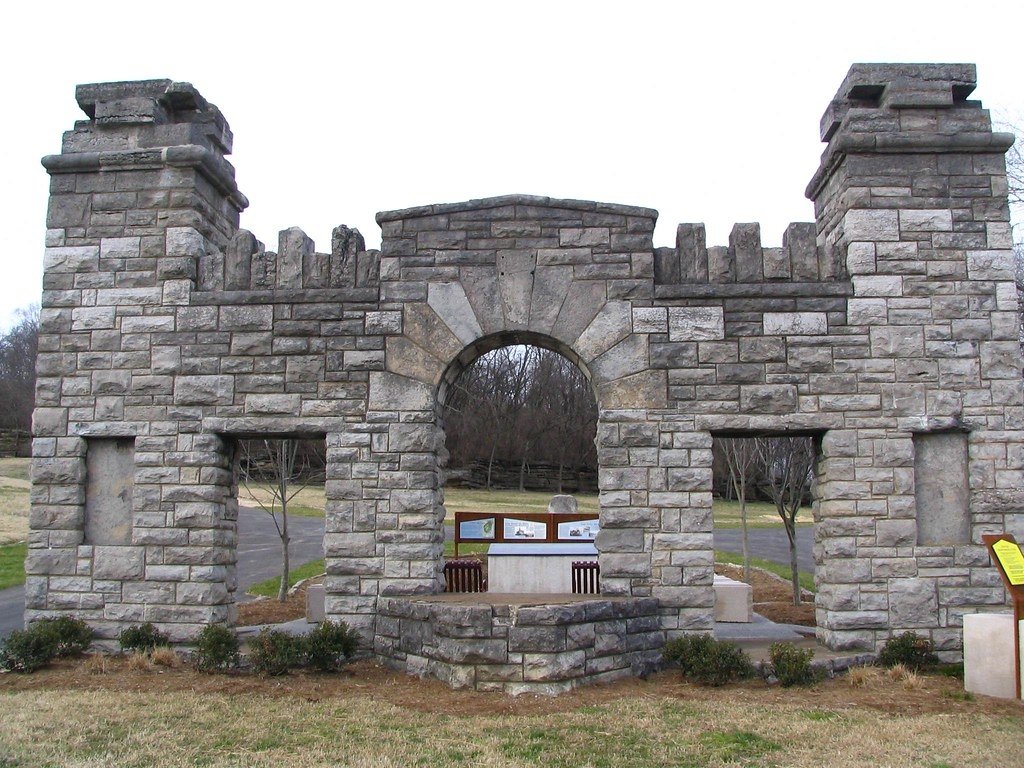
After the war, the fort was left to ruin and then went on to be used as a meeting place for the Ku Klux Klan during the Reconstruction era. Fort Negley was partially reconstructed in the 1930s, before going through a fuller reconstruction in the 2000s. The objective of this second reconstruction was not to restore the fort to its former state but to stabilize it and make it more accessible. There were plans to redevelop the site in 2017, but then an archaeological discovery in 2018 found that there were unmarked graves of the slaves who were forced to build the fort in the area. Nowadays, Fort Negley is listed as a Site of Memory in UNESCO’s Slave Route Project.
One of the best collections of Civil Rights Movement history in the country, this room within the main library of Nashville tells the story of the black Nashville citizens who came together in peaceful protest to eliminate racial segregation. At the center of the room is a circular table to represent the Nashville sit-ins at lunch counters. Around the countertop, visitors can read about over 100 important events and milestones in the Civil Rights Movement, both local and nationals. There is also an audio and video section showing films on early black history in Nashville.
Founded in 1866, Fisk University was set up before the Civil Rights Act of 1964 to cater to African American students. The Fisk Jubilee Hall is the oldest building still standing in the US which was dedicated to the higher education of African Americans, having been completed in 1876 in the Gothic Revival style. The Fisk Jubilee Hall was funded through the efforts of the Fisk Jubilee Singers, an a cappella vocal group, who toured through Europe; they raised nearly $50,000. The Fisk Jubilee Singers are still an active part of university life at Fisk University.
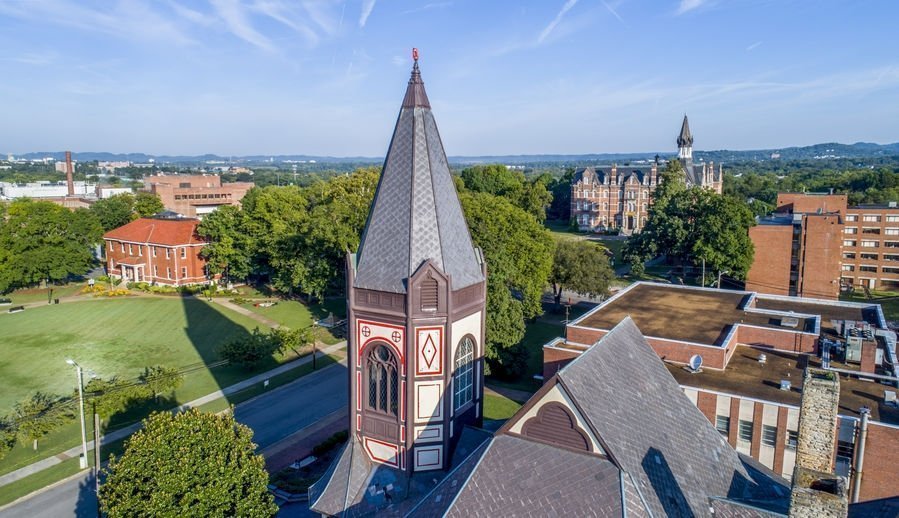
Fisk University also houses the Fisk University Galleries, which showcase a wide selection of art, including that connected to African American culture. In the Aaron Douglas Gallery, visitors can see classical and contemporary African art, and modern and contemporary African American, among others.
Beginning as a simple log cabin set within 250 acres of land, Belle Meade Plantation developed into a Greek Revival Mansion and one of the largest private estates in the entire city, covering an area of 5,400 acres. Today both the mansion and the grounds serve as a museum which details life on the plantation as well as the plight of the black slaves that worked here. There is even a slave cabin on the grounds for visitors to see.
Founded in 1869, Mount Ararat was the first cemetery in Middle Tennessee for African Americans. The purchasing of the land to create the cemetery was the work of two African American masonic lodges collaborating together. Since its inception, Mount Ararat Cemetery has gone through many periods of neglect followed by bursts of transformation. Owing to its masonic beginnings, a number of prominent lodge members are buried in the cemetery.
Built-in the neoclassical style, the Morris Memorial Building was designed and constructed for the National Baptist Convention by McKissack & McKissack, the first African American-owned architectural firm in the United States. Still, in operation, it is now the oldest African American-owned firm of its kind in the country. As well as housing the Nashville offices of the baptist church’s Sunday School Publishing Board, the building was also the location of a number of African-American businesses. Important both in architecture and for its place in African American Nashville history, the Morris Memorial Building has been on the list of the National Register of Historic Places for over 30 years.
Originally called One Cent Bank, Citizens Bank was the first minority-owned bank in Tennessee. Prior to its opening in 1904, there had only ever been one other bank branch which had solely operated for the African American community – the Freedman’s Savings and Trust Company in Washington D.C. It changed its name in 1920 and was housed in a number of properties – including the Morris Memorial Building – throughout the city until it finally found its current home on Citizens Plaza.
While there may not be too much in terms of sights here, the Cameron-Trimble neighborhood is important in African American Nashville history and culture as it is the oldest surviving African American neighborhood in the city. The name Trimble comes from the owner of the plantation which was once located here. This was also the place where the Coloured Troops of the Army of the Cumberland began the attack on the Confederate army troops during the Battle of Nashville in 1864.
Located in Berry Hill and serving the Nashville area, WVOL was previously owned by Sam Howard, a prominent black Nashville entrepreneur. Along with 92Q Radio, WVOL primarily targets African Americans. Initially, it played urban gospel during the day and jazz throughout the night. The station is famous for being one of the first workplaces of Oprah Winfrey. Nowadays, the station has a current format of urban oldies, urban adult contemporary, and talk shows.
While this list does not include every single site connected to African American Nashville culture, they are certainly some of the most significant ones and should form the basis of all Nashville tours based around African American culture.
As such an integral part of the city’s cultural fabric, African American culture will always have a place in Nashville. With Nashville being the USA’s ‘Music City’, it should come as no surprise that a new museum is due to open in early 2020 which will focus completely on African American music. The National Museum of African American Music will use artifacts, memorabilia, clothing, and state-of-the-art technology to educate and inform visitors of the different narratives and perspectives which exist within African American music. It will be the only establishment of its kind that is designed to preserve and celebrate over 50 music genres and styles which were created, inspired by and/or influenced by African Americans; these genres include R&B, blues, jazz, gospel, hip hop, and spiritual music.
For travelers who have no or little experience and knowledge of African American culture, Nashville tours are an excellent way of learning something new and being able to connect with a past which still has a significant impact on the present day. Travelers will have the chance to visit key sites in the fight for equal opportunities, will hear stories of incredible people, and will see exactly how African American culture influences everyday life in Nashville. Nashville tours is a great wat to really appreciate African American culture!
Recommended tours
Review & Earn Travel Money
At TripsPoint you have endless possibilities to earn TripsPoint Money - this is your Travel Money your can use to book you next tours and activities everywhere you go.
Here's Space For Everyone
New tours